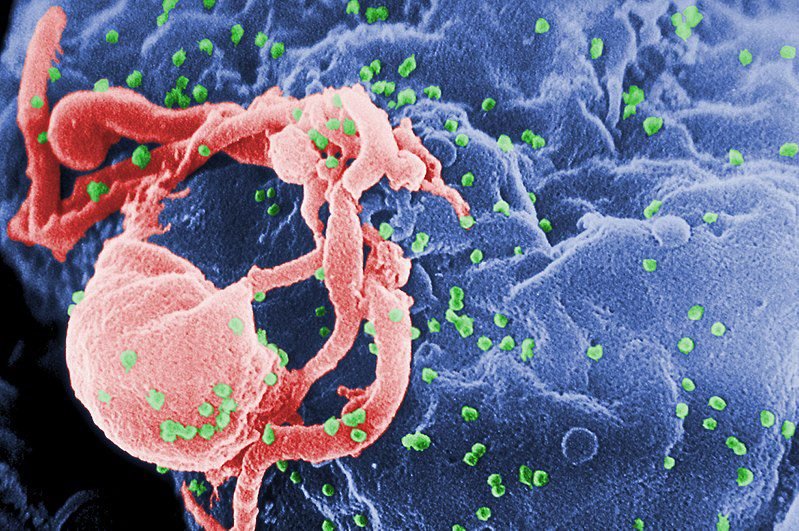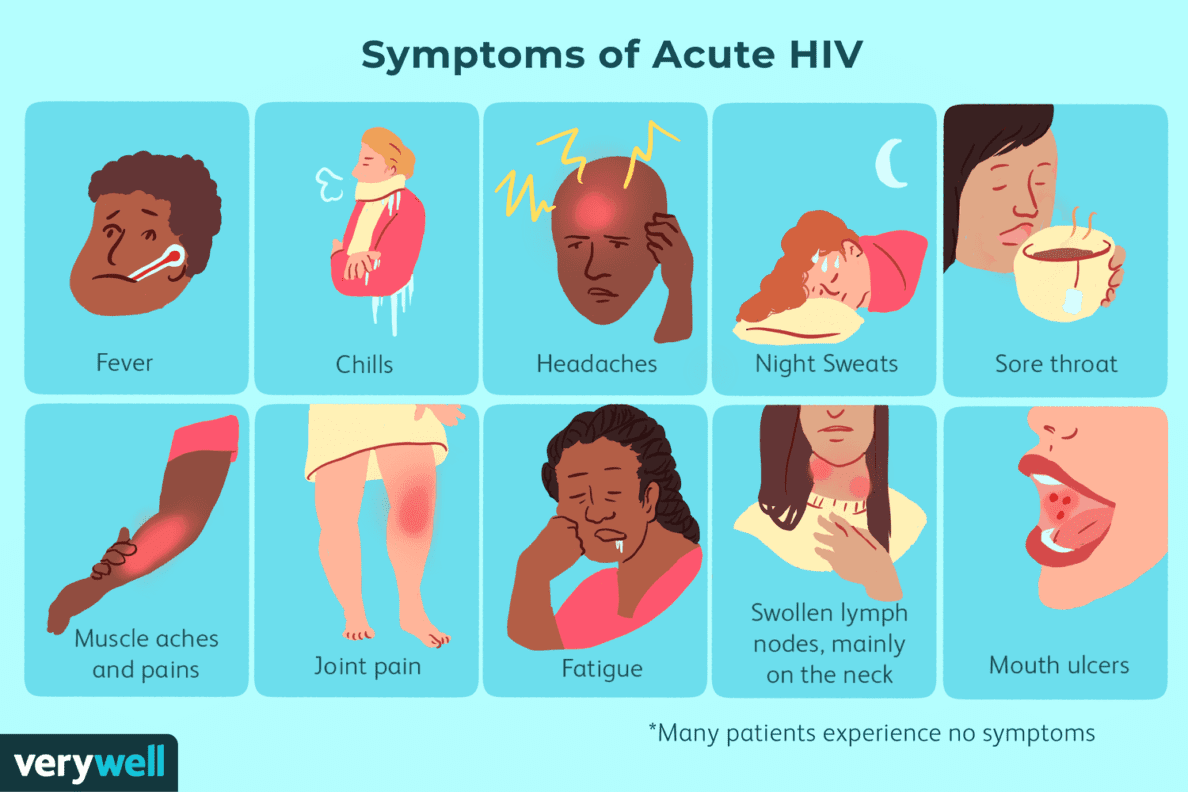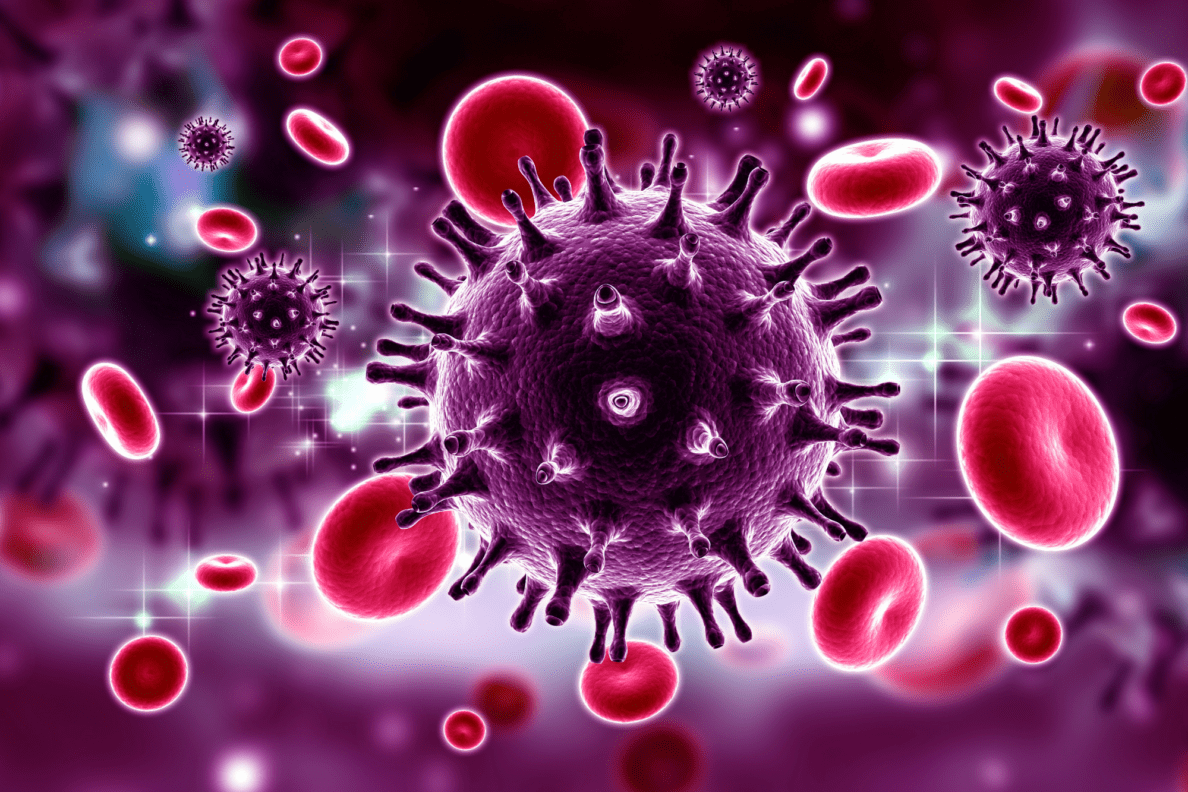Go And Check Your HIV Status If You Experience These 5 Symptoms

The Human Immunodeficiency Virus (HIV) continues to affect millions worldwide, with many unaware of their status. Early detection through regular testing plays a critical role in managing the virus and preventing complications. Experts advise that individuals pay attention to their bodies and get tested if they observe specific warning signs, as early symptoms are often mild but significant.
The Importance of Knowing Your HIV Status
According to the World Health Organization (WHO) and the Centers for Disease Control and Prevention (CDC), timely HIV testing improves the quality of life and limits the spread of the virus. Once detected, antiretroviral therapy (ART) can help patients lead healthy lives by suppressing the viral load.
Some symptoms can indicate the presence of the Virus, especially if they persist or occur together. While these signs may also suggest other infections, getting tested is essential to rule out HIV and initiate treatment if needed.
Five Key Signs That May Indicate HIV Infection

1. Prolonged Fever and Night Sweats
Persistent fever that lasts more than two weeks without a clear cause is one of the early signs of an HIV infection. It is often accompanied by night sweats, a condition where the individual experiences excessive sweating during sleep.
2. Unexplained Fatigue
Chronic fatigue, even without intense physical exertion, can signal an immune response due to the viral infection. The virus compromises the body’s defense system, leaving the individual exhausted and weak.
3. Swollen Lymph Nodes
Lymph nodes, located in areas such as the neck, armpits, and groin, tend to swell when the body is fighting infections. Persistent swelling, especially in multiple areas, warrants further investigation.
4. Skin Rashes and Lesions
Skin changes, including red rashes, sores, or lesions on the body or mucous membranes, are common symptoms. They may appear early or during more advanced stages of infection.
5. Frequent Infections or Flu-like Symptoms
People living with untreated HIV are prone to recurring infections such as respiratory illnesses, oral thrush, or shingles. The immune system’s diminished ability to fight off minor illnesses may be an indication of the virus infection.
Why Testing Matters

The CDC recommends that everyone between the ages of 13 and 64 be tested at least once in their lifetime and more frequently if they are at high risk. Knowing your status not only benefits your health but also helps reduce transmission rates within communities.
Where and How to Get Tested
In Ghana, several health centers offer free HIV testing services, including through the National HIV/AIDS Control Program. Self-test kits have also become available for convenient screening at home. Organizations like UNAIDS and PEPFAR have increased awareness and access to testing resources across Africa.
Conclusion
If you or someone you know notices any of the above symptoms, it is essential to get tested for the virus immediately. While the signs may indicate other health issues, a test is the only definitive way to determine your HIV status. Early diagnosis ensures better management, helping individuals lead long, healthy lives.
Read More: Bishop Salifu Amoako’s son fingered for killling two in fatal East Legon accident















